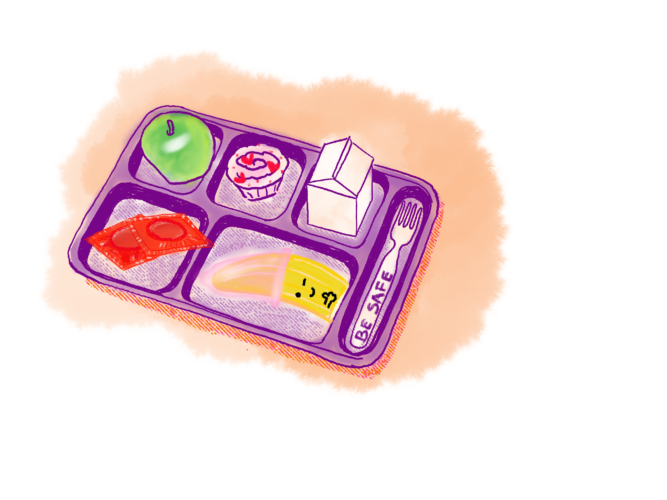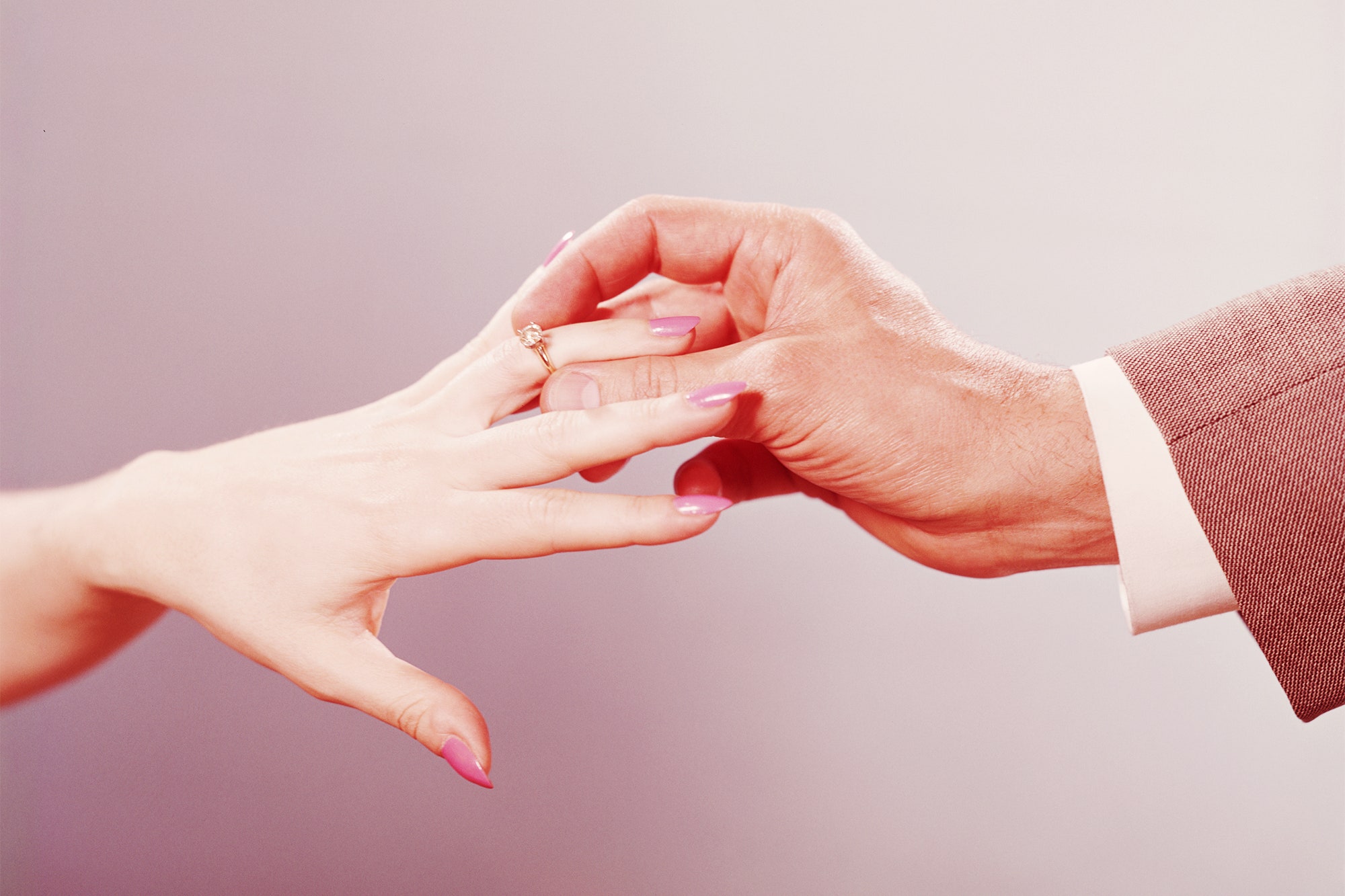Growing up, I was always taught that one day a guy would come along and sweep me off my feet. We’d fall in love, he would take my virginity and I would be a different person.
So you have to imagine my confusion when my first relationship was with a person who also happened to have a vulva. As I lay there in bed, after we had some “us time,” I thought to myself: “So I should probably stop referring to myself as a virgin, right?”
Well, what even is virginity?
Etymologically, the word “virgin” saw its first use around the year 1200 to refer to an “unmarried or chaste woman.” The word did not even start applying to men until the 1400s.
According to Google’s English dictionary, virginity is the state of never having had sexual intercourse. In the first sentence of the Wikipedia page “Sexual intercourse,” it specifies intercourse as involving a penis and vagina.
In 1999, a study found that, while over 99% of people considered vaginal intercourse sex, only approximately 80% considered anal intercouse sex and aproximately 40% said oral sex was sex.
Yes, a lot can change in 22 years, and it has. With the increase of LGBTQ+ representation and acceptance, people’s ideas on sex are changing. But views are still split.
Last year, I had a friend explain to me that, since she didn’t have intercourse, she was still “technically a virgin,” although she had done things that I would argue constitute as sex.
Although satire, a TikTok showed up on my “For You” Page last month with audio from the “Fuck me in the ass cause I love Jesus” video, playing off of the idea that virginity can only be lost through vaginal sex.
This explanation seems simple enough and is what most of us grew up learning, but there seems to be more to it.
According to Planned Parenthood, “a virgin is someone who’s never had sex—but it’s not quite as simple as it seems. That’s because sex means different things to different people, so virginity can mean different things, too.”
“A lot of people think that having penis-in-vagina sex for the first time is how you lose your virginity,” Planned Parenthood states, “but this leaves lots of people and other types of sex out of the picture…there are lesbian, gay, bisexual or pansexual people who may never have penis-in-vagina sex at all. But they probably don’t see themselves as lifelong virgins just because they haven’t had penis-in-vagina sex.”
Everyone has a different view on what constitutes as sex—which makes a general definition of virginity difficult.
Why does it even matter?
Short answer: it shouldn’t.
If there can’t be a consensus when it comes to what sex even is, why should virginity carry so much weight in the first place?
Swiping your v-card shouldn’t make you a completely different person as I once thought it would. Virginity isn’t anything to be taken or to be lost—instead, it should allow you to grow and gain new experiences.
Virginity is a social construct and a myth that continues to carry weight in society. If you “lose” your virginity early in life, people will judge you. If you “lose” it late in life, people will judge you. If you never “lose” it, people will judge you. There’s no winning.





